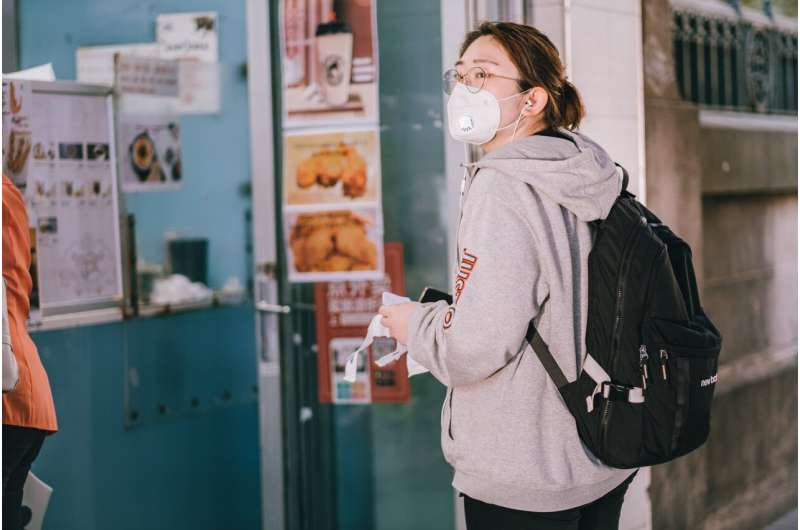
The great news is that the current COVID-19 vaccines have shown to be highly effective at preventing the virus. But there’s currently limited information on whether you could still be a carrier of the virus and transmit it to others, and also how long protection lasts. This leaves the question: What happens if you’re vaccinated and are exposed to COVID-19?
In new guidance, the Centers for Disease Control and Prevention says that once you’re fully vaccinated, you don’t need to quarantine if you’re exposed to someone with COVID-19, as long as you meet certain qualifications. Here’s what you should know.
Once you receive both COVID-19 vaccine doses, pandemic protection measures don’t go away. You should still wear a mask, practice social distancing, avoid crowds and poorly ventilated spaces, and regularly wash your hands, says the CDC. However, you can skip one step, and that’s quarantining after a COVID-19 exposure. These are the criteria you need to meet for it to be considered safe:
- It’s been at least two weeks since you received your second vaccine dose (currently that means you’ve received both doses),
- It’s been less than three months since you received your second vaccine dose, and
- You haven’t experienced any symptoms since your COVID-19 exposure
You must meet all three to forgo a quarantine.
If you don’t meet the above criteria: You should continue to follow current quarantine guidance, says the CDC. This means staying home for at least 10 days (and ideally two weeks) after your last contact with the person who had COVID-19. (If you receive a negative test result, from a test taken at least five days after your exposure to COVID-19, you may shorten the quarantine time to seven days.) To learn more about quarantine guidance, click here.
If you do meet the criteria: Keep an eye out for COVID-19 symptoms in the 14 days following your exposure. If you start to experience symptoms, you should call your doctor and get tested.
These guidelines may change once more information about the vaccines becomes available, says the CDC.
“As with most vaccines, it’s going to require more studies to have a better sense of what the duration of protection is going to be,” says Eric Sachinwalla, medical director of Infection Prevention and Control at Einstein Medical Center Philadelphia. “Nobody will be outside of that three-month window until at least April, and I think by that time we’ll have more information.”
Sachinwalla also notes that immunization isn’t immediate. It takes time for your body to develop antibodies, which is why the first criteria exists.
Even if fully vaccinated, inpatients and residents of healthcare settings should continue to quarantine following a COVID-19 exposure, says the CDC. The guidelines differ here due to a combination of factors, including the higher risk of severe disease and death among these populations and the challenge of maintaining social distancing in healthcare settings.
“This is really for people who are in the hospital or in a nursing home. Those are high-risk situations, and we want to err on the side of maximal safety in those groups,” says Sachinwalla. “We’ve seen that when outbreaks occur in nursing facilities, it can be pretty devastating.”
Sachinwalla points out that no matter what your situation, it’s important to remember that the vaccine doesn’t serve as a free pass to return to your pre-coronavirus lifestyle just yet.
Source: Read Full Article






